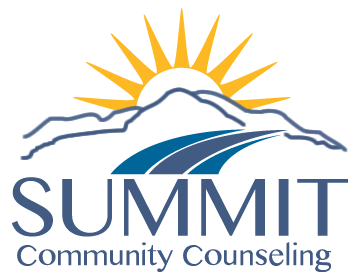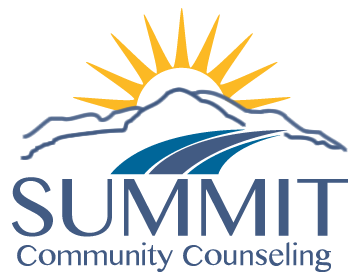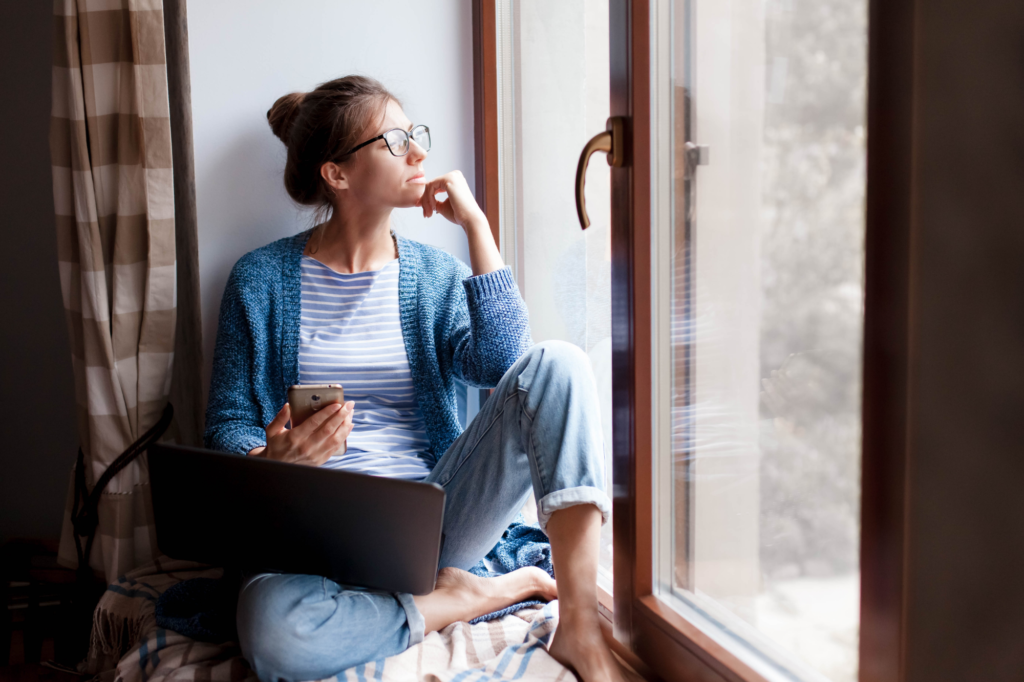This past week I was supposed to be in Southern California enjoying a conference and fun in the sun. Needless to say, it was changed to an online format and was more of interviews with the presenters rather than formal lectures. I felt like I was watching a talk show.
On top of that, they spent the first ten minutes of each presentation talking about the virus and how people were coping. By day three, I started to hear a common theme. People are taking this time of isolation to reflect on their lives and where they want to be and what direction they want to head. So given this theme, I thought I would dive into that topic.
One of the definitions of isolation is the state of being alone or being away from others. We know the downsides of being isolated and how social connections are important for mental health.
Social isolation has been linked to not only mental health concerns such as depression and dementia but also physical issues such as high blood pressure, obesity,and high blood pressure. But before you get even more depressed about being isolated – there are benefits as well to being alone as is suggested by the presenters at my conference.
There is a difference between being alone and loneliness. Loneliness is associated with wanting to be with other people, with a feeling that a person has no one there for the person. Being alone is taking time to be with yourself and can be a time for self-reflection and can lead to positive outcomes. It’s all in how we think of this time of isolation.
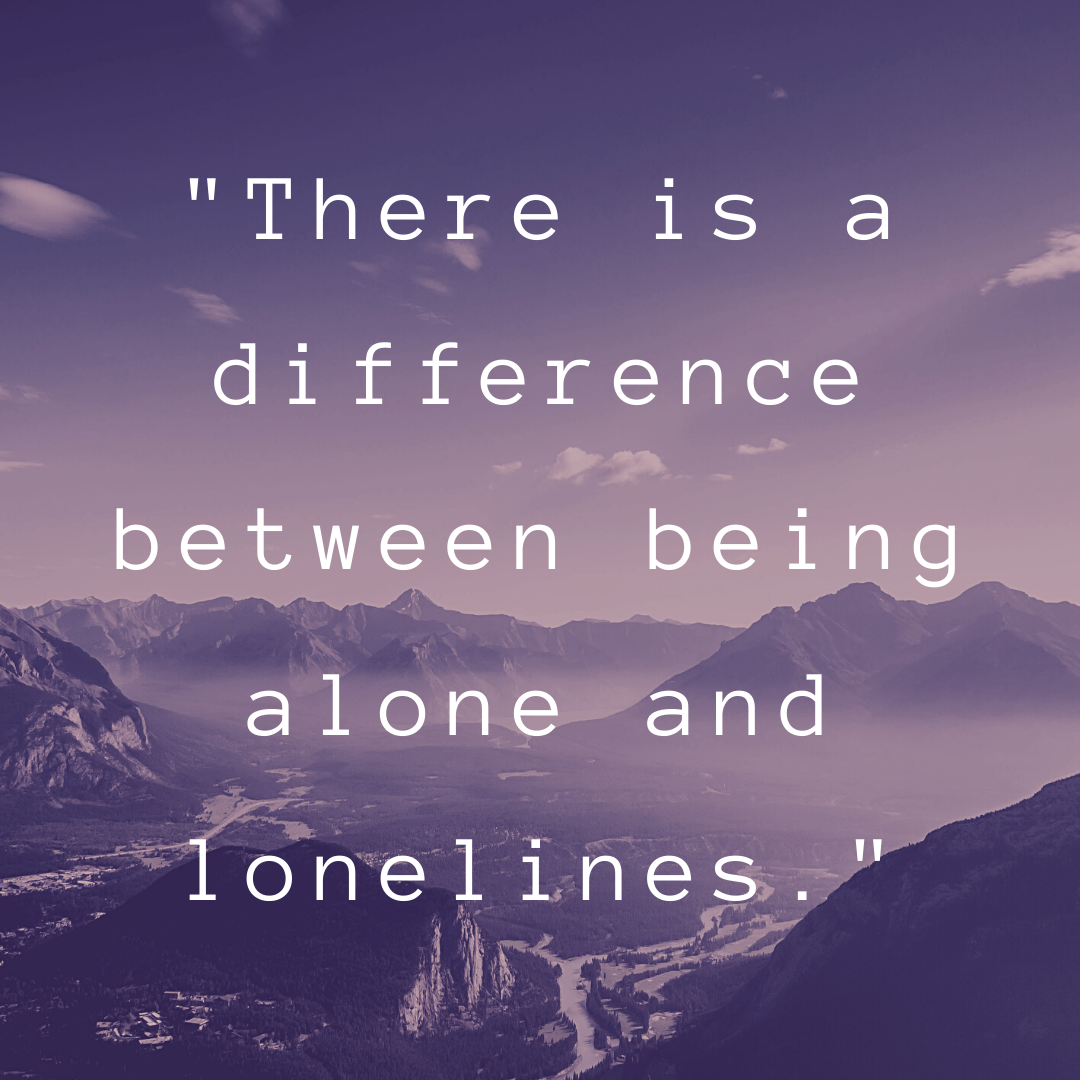
Things to do when alone/during our time of social distancing:
- Take a walk outdoors, enjoy nature: Being in nature can help a person with time and being able to get in touch with feelings, engage in goal setting, and to work through difficult feelings. Some have suggested that walking involves bilateral stimulation of the brain, similar to EMDR (Eye Movement Desensitization and Reprocessing). This movement can allow us to process uncomfortable thoughts or feelings and can also lead to “Ah – ha!” moments of clarity.
- Take on a craft such as knitting or crocheting. Knitting and crocheting have been shown to have many health and mental health benefits including lowering blood pressure, slowed onset of dementia, distraction from chronic pain, reduced depression and anxiety, help for insomnia and an increased sense of well-being.
- Develop a new hobby. Having a hobby has been shown to improve work performance, reduce stress, improve physical health such as reduced blood pressure and lower levels of cortisol (the stress hormone). Ideas for hobbies include:
- Learn a foreign language: there are a lot of apps now to learn languages
- Take up an instrument: learn to play the recorder or harmonica, or take those paina lessons you always wanted to take
- Test your artistic talents: take up painting, pottery , make jewelry or even just buy an adult coloring book
- Plant that garden you always wanted to plant, or make an indoor terrarium
- Learn to cook or try new recipes
- Develop new money skills such as learning about investing or learning how to budget
- Take online classes or listen to podcasts to increase your knowledge
- Start journaling. The act of journaling alone has shown to improve mental health. It allows us the time for self-reflection, to explore our feelings and to look towards our hopes and dreams.
So this is just a start for turning this social isolation time into productive alone time. It is all in the wording and the attitude.
When will you again be given this chance again to slow down, reflect on life, and be able to do a reset?
This concept made me think of Nelson Mandela who was forced into isolation and yet came out a stronger man. He was able to inspire the rest of us with his thoughts. Here are a few:
“We must use time wisely and forever realize that the time is always ripe to do right.”
“Do not judge me by my successes, judge me by how many times I fell down and got back up again.”
“Education is the most powerful weapon which you can use to change the world.”
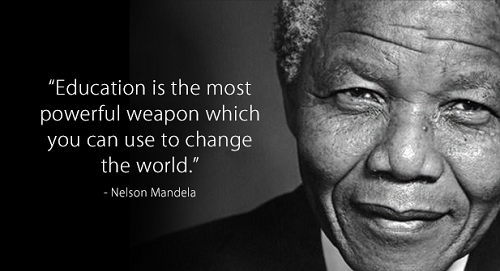
“Everyone can rise above their circumstances and achieve success if they are dedicated to and passionate about what they do.”
“I am fundamentally an optimist. Part of being optimistic is keeping one’s head pointed toward the sun, one’s feet moving forward. There were many dark moments when my faith in humanity was sorely tested, but I would not and could not give myself up to despair. That way lays defeat and death.”
So let’s use this time to be creative, improve ourselves and our world, and keep your feet moving forward. Together, while apart, we will get through this and we can be better people for this experience.
—
Karen W. Malm, Ph.D.
Licensed Psychologist
Executive Director
Summit Community Counseling
5689 S Redwood Rd #27
Taylorsville, UT 84123
801-266-2485
